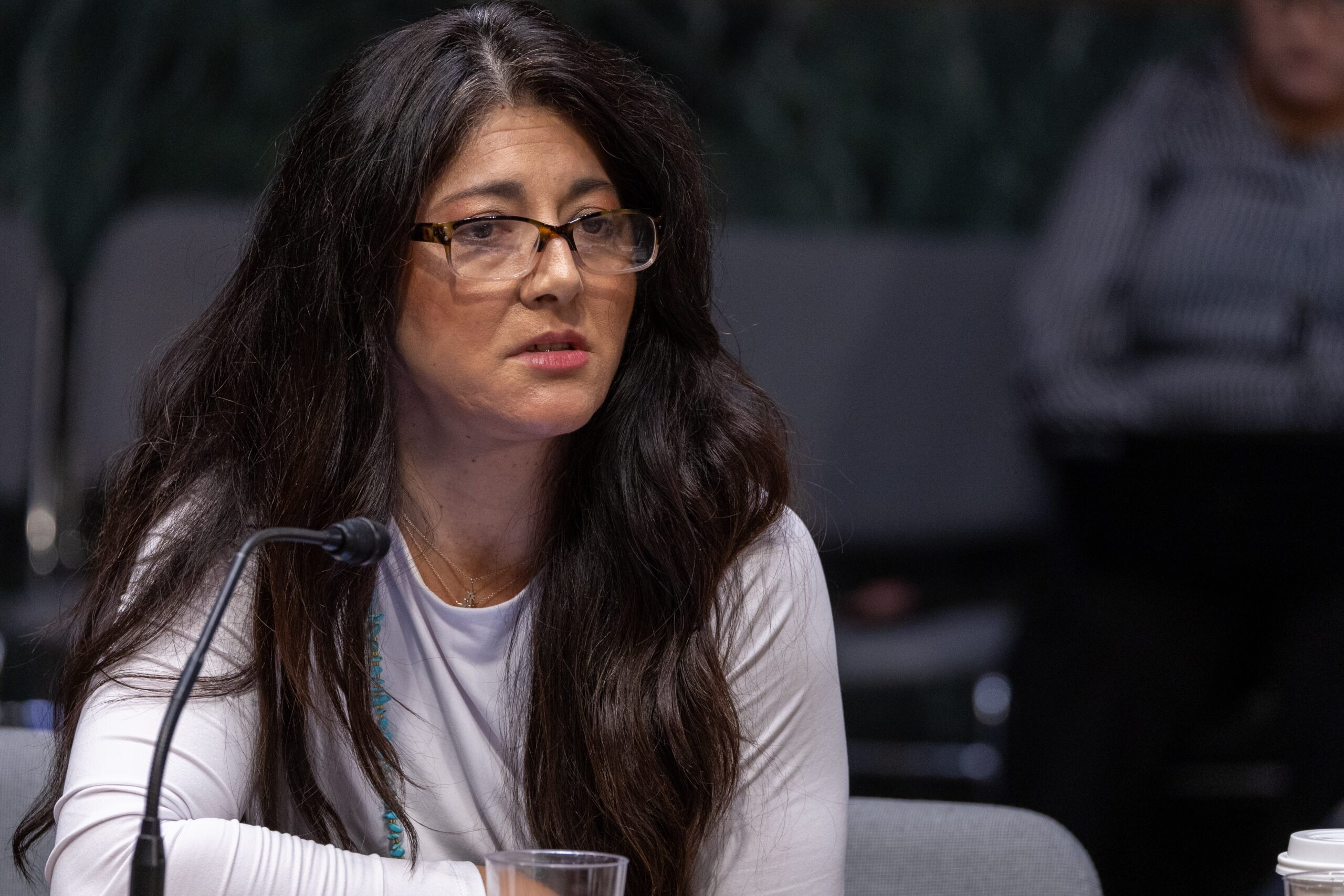Community Catalyst Statement: Federal Judge Vacates CFPB Rule That Would Have Removed Medical Debt From Credit Reports
FOR IMMEDIATE RELEASE: July 16, 2025
Contact: Jack Cardinal, jcardinal@communitycatalyst.org
BOSTON, MA — In response to a federal judge ruling that medical debt can remain on credit reports, Colin Reusch, Director of Policy at Community Catalyst, issued the following statement:
“This ruling is a disappointing setback—but it will not stop the growing movement to protect people from the financial harm of medical debt. The CFPB’s rule would have kept unfair, often inaccurate medical bills from destroying people’s credit scores. Instead, a court sided with corporate profiteers rather than the public.
“Recent polling by HIT Strategies shows that 73% of voters—including majorities of Democrats, Independents, and Republicans—want health care treated as a public good, not a profit machine. And a strong majority of voters support government action to address medical debt, including keeping it off credit reports.
“The good news is that momentum continues at the state level. Fourteen states have already passed laws to protect their residents from medical debt-related credit damage—and more are poised to follow. Community Catalyst will continue working with the National Consumer Law Center (NCLC) and partners across the country to ensure no one is punished financially simply for getting sick.”
Additional background:
Recent polling by HIT Strategies shows that:
- 78% of voters support a greater government role in lowering health care costs, including 89% of Democrats, 73% of Independents, and 68% of Republicans.
- 73% of voters believe health care should be treated as a public good, not a source of profit.
- A majority of voters distrust health insurers (63%) and hospitals (54%) to keep prices fair on their own.
- And most relevant here: voters strongly support government action on medical debt, including removing it from credit reports.
The public gets it: medical debt is a symptom of a failing health system, not a personal moral failing.

Take Misty, a woman from Grand Junction, Colorado, who needed life-saving heart surgery. The resulting $200,000 in medical debt ruined her credit—and her independence. For 20 years, she was trapped in an abusive relationship because she couldn’t rent a home, buy a car, or get a job on her own. Even after earning a professional license, her credit score blocked her from employment opportunities. That’s the real cost of medical debt in America.
###
About Community Catalyst:
Community Catalyst is a national organization dedicated to building the power of people to create a health system rooted in race equity and health justice, and a society where health is a right for all. We’re an experienced, trusted partner to organizations across the country, a change agent to policymakers at the local, state, and national level, and both an adversary and a collaborator to health systems in our efforts to advance health justice. We partner with local, state and national organizations and leaders to leverage and build power so that people are at the center of important decisions about health and health care, whether they are made by health care executives, in state houses, or on Capitol Hill. Together with partners, we’re building a powerful, united movement with a shared vision of and strategy for a health system accountable to all people. Learn more at www.communitycatalyst.org.